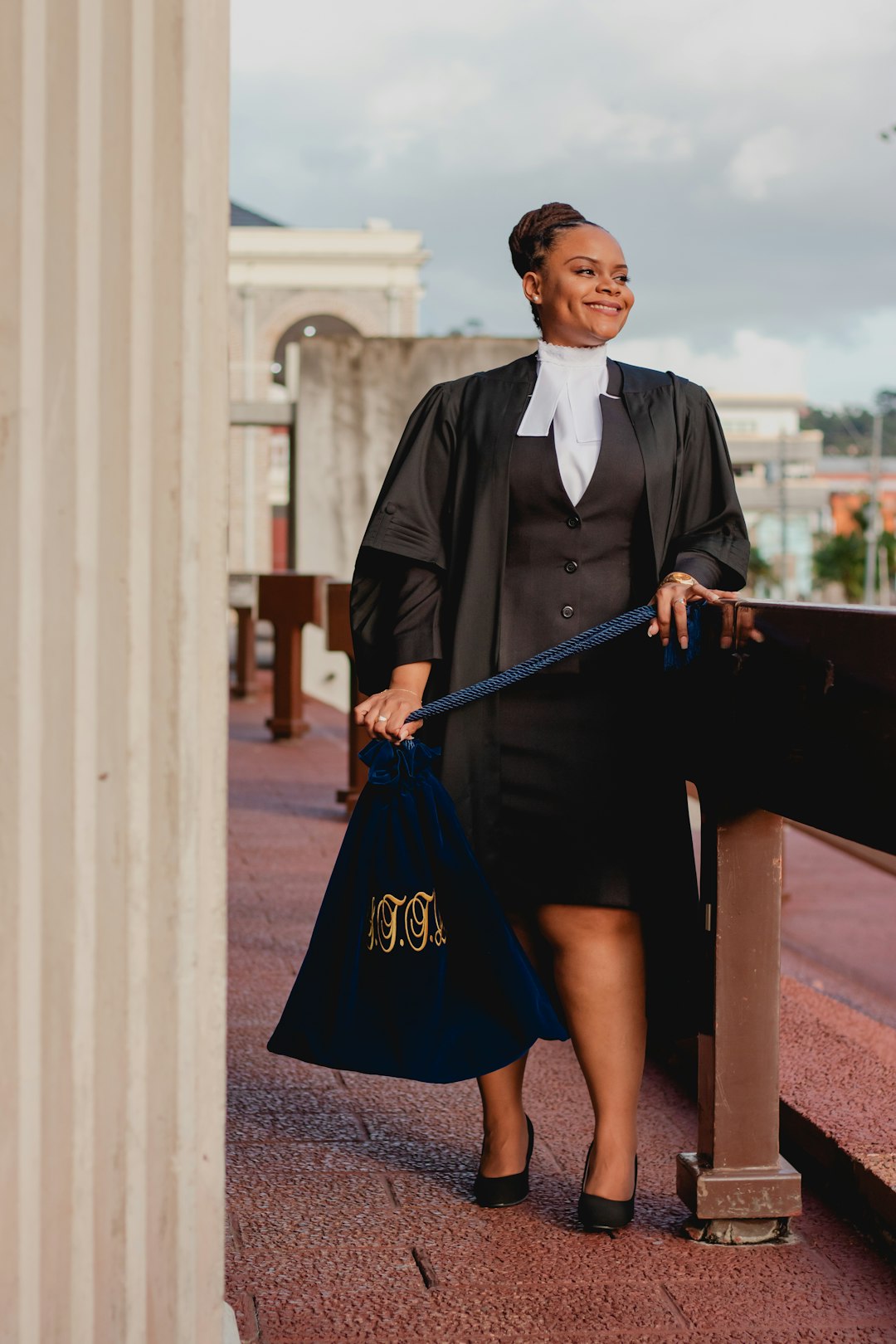Rhode Island's strict Do Not Call laws protect residents from unwanted telemarketing. For Bed and Breakfast (B&B) owners, a specialized Do Not Call Lawyer Rhode Island or attorney is essential to navigate legal marketing boundaries. By adhering to these laws through alternative methods like digital marketing, social media, and personalized hospitality, B&Bs can maintain customer relationships, grow their businesses, and foster positive reputations while avoiding legal repercussions from Do Not Call lawyers RI or law firms.
“In the vibrant landscape of Charlestown, Rhode Island, the local bed and breakfast (B&B) industry thrives on personalized connections with guests. However, strict ‘Do Not Call’ laws implemented by the state pose a significant challenge to these businesses. This article explores the legal perspective of Do Not Call regulations in Rhode Island from the viewpoint of a Do not call lawyer RI. We delve into the impact on B&B marketing strategies, providing insights for navigating calling restrictions successfully. From case studies of thriving businesses to future trends, this guide equips owners with tools to adapt and prosper.”
Understanding Do Not Call Laws in Rhode Island: A Legal Perspective
In Rhode Island, like many other states, Do Not Call laws are in place to protect citizens from unwanted telemarketing calls. These laws are enforced by both state and federal regulations, with severe penalties for non-compliance. A Do Not Call Lawyer Rhode Island or a specialized Do Not Call Attorney RI is crucial for businesses, especially local Bed and Breakfast (B&B) owners, to ensure they stay within legal boundaries. Such legal experts can guide B&B operators on how to effectively market their establishments while respecting customer privacy.
Rhode Island’s Do Not Call laws are designed to give residents control over their phone numbers, preventing businesses from making automated or prerecorded calls unless explicitly permitted. Bed and Breakfasts in the state often rely on direct mail and personalized outreach for marketing. A lawyer for Do Not Call Rhode Island can help B&B owners craft marketing strategies that avoid potential legal pitfalls, ensuring their efforts to attract guests are both effective and compliant. By understanding these laws, B&B operators can foster a positive reputation, maintain customer relationships, and grow their businesses without facing legal repercussions from Do Not Call attorneys RI or law firms RI.
The Impact on Local Bed and Breakfast Industries
Charlestown’s bed and breakfast (B&B) industry, like many others, has had to navigate a significant change in customer engagement due to Do Not Call laws. These regulations, while designed to protect consumers from unwanted telemarketing calls, present unique challenges for local businesses that rely heavily on direct communication with potential guests. Many B&B owners in Charlestown have found their traditional marketing strategies less effective, as they now need to adapt and find new ways to connect with customers.
The implementation of Do Not Call laws has prompted a shift towards more targeted and personalized marketing approaches. For instance, some B&B owners are turning to digital channels, utilizing social media platforms and online travel agencies to reach their target audience. They are also focusing on building an email list and creating compelling content that showcases the unique charm and amenities of their establishments. By employing these alternative methods, Charlestown’s B&B community can ensure they remain competitive in the tourism market while adhering to legal requirements, with the support of professional do not call lawyers and attorneys in Rhode Island who specialize in privacy laws.
Strategies for B&B Marketing Amidst Strict Calling Restrictions
In response to strict “do not call” laws in Rhode Island, bed and breakfast (B&B) owners in Charlestown are pioneering innovative marketing strategies. Traditional tactics reliant on cold calling potential guests are no longer effective. Instead, many B&B operators are focusing on building an online presence through search engine optimization (SEO), social media engagement, and leveraging local partnerships with travel agencies and tourism groups. Using their unique charm and personalized hospitality as key differentiators, they’re cultivating strong online reviews, curating visually appealing content, and offering exclusive deals through targeted digital campaigns.
To stay compliant with Rhode Island’s “do not call” regulations, B&B owners are also prioritizing direct mailers, local newspaper ads, and strategic networking within the community. They’re collaborating with local event organizers to host on-site experiences that attract visitors and generate word-of-mouth referrals. By combining digital marketing prowess with a commitment to fostering genuine connections in their charming Charlestown setting, B&B owners are successfully navigating these restrictions and continuing to thrive. Remember, when seeking legal counsel for “do not call” compliance or other business matters in Rhode Island, consider consulting with a reputable do not call lawyer, firm, or attorney who understands the local landscape.
Case Studies: Successful B&B Businesses Navigating Do Not Call Rules
Many successful Bed and Breakfast (B&B) businesses in Charlestown, Rhode Island, have navigated the complexities of Do Not Call laws with innovative strategies. These laws, enforced by a do not call lawyer or attorney in Rhode Island, can seem daunting for small enterprises, but several local B&Bs have thrived despite these regulations. One popular approach is to personalize their marketing efforts. By creating tailored, hand-written notes and cards, they connect directly with potential guests, building relationships that supersede the need for cold calls. This strategy not only complies with do not call laws but also fosters a sense of exclusivity and personal touch.
Another effective method involves leveraging digital platforms. Many B&Bs have established robust online presences through social media and search engine optimization (SEO), ensuring they remain discoverable without relying on phone calls. They use targeted ads, engaging content, and partnerships with travel influencers to attract guests. With the help of a do not call attorney or law firm in Rhode Island, these businesses ensure their marketing stays within legal boundaries, allowing them to thrive in a competitive market while respecting consumer privacy preferences.
Future Trends: Adapting to Changing Consumer Privacy Regulations
As consumer privacy becomes a growing concern, future trends in marketing for local Bed and Breakfasts (B&Bs) will need to adapt to changing regulations, especially those related to telemarketing restrictions like Do Not Call laws. With the rise of digital communication, B&Bs must focus on refining their online presence and direct-to-consumer engagement strategies to remain competitive. This shift may involve investing in search engine optimization (SEO) and content marketing to attract potential guests who prefer privacy and are increasingly cautious about sharing their contact information.
For B&Bs in Charlestown and across Rhode Island, partnering with a do not call lawyer or do not call attorney from a reputable do not call law firm RI can provide valuable guidance on navigating these legal requirements. By understanding the implications of privacy regulations, B&B owners can ensure their marketing efforts remain compliant while effectively reaching their target audience. This proactive approach could be key to sustaining growth and competitiveness in an evolving regulatory landscape, particularly with the increasing demand for personalized and privacy-conscious travel experiences.






